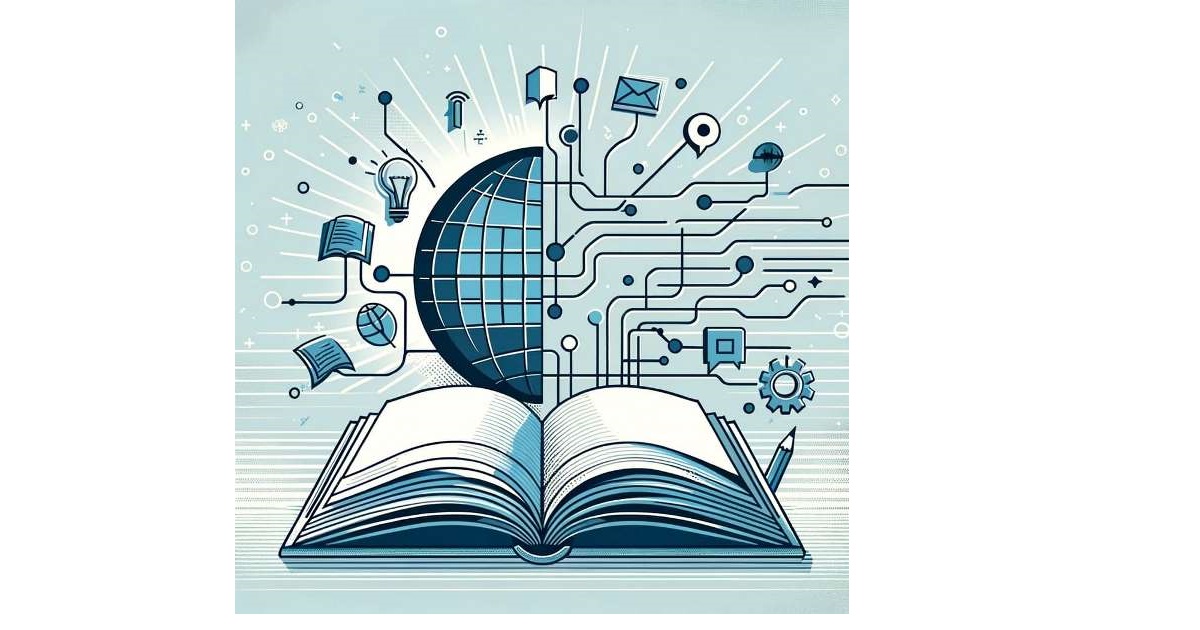Digital Literacy for Teaching Excellence: Empowering Educators in the Digital Age
A special issue of Education Sciences (ISSN 2227-7102). This special issue belongs to the section "Technology Enhanced Education".
Deadline for manuscript submissions: closed (1 November 2025) | Viewed by 17239

Special Issue Editors
Interests: didactics of CS; neurodidactics; technology-enhanced learning; cross-curricular teaching; AI in education
Special Issue Information
Dear Colleagues,
We are pleased to invite you to contribute to our upcoming Special Issue on "Digital Literacy for Teaching Excellence: Empowering Educators in the Digital Age". As technology becomes increasingly integrated into educational environments, digital literacy has emerged as a crucial component of teaching excellence. This Special Issue aims to explore the intersection of technology and education, focusing on how digital literacy can transform teaching practices and empower educators.
The aim of this Special Issue is to delve deeper into the realm of digital literacy within educational settings, underscoring its critical role in shaping educational excellence today. We seek to explore transformative strategies and innovative practices that empower educators to effectively harness digital tools and resources, thereby enhancing their pedagogical approaches and supporting student achievements.
This Special Issue is dedicated to advancing our understanding and practical knowledge of digital literacy, with a focus on the following topics:
- Strategies for enhancing educators' digital literacy, ensuring that they are equipped to meet the demands of modern educational landscapes;
- Examining comprehensive approaches to teaching digital literacy across different educational levels and assessing their outcomes;
- The impacts of digital literacy on critical thinking and problem-solving skills;
- Showcasing how digital literacy skills can be integrated into various subject areas to enrich the curriculum and enhance interdisciplinary learning;
- Analyzing challenges and solutions related to teaching and learning digital literacy in non-traditional settings;
- Assessment methods for digital literacy;
- Case studies showcasing successful digital literacy initiatives;
- Explorations of how digital literacy can promote inclusivity and accessibility, ensuring equal educational opportunities for all students.
Original research articles and comprehensive reviews are welcome. We believe that your expertise and unique perspective would represent a valuable addition to this Special Issue, and we look forward to receiving your contributions.
Please let us know if you have any questions or require further information. Thank you for considering this opportunity, and we eagerly anticipate your response.
Best regards,
Prof. Dr. Barbara Sabitzer
Dr. Corinna Hörmann
Guest Editors
Manuscript Submission Information
Manuscripts should be submitted online at www.mdpi.com by registering and logging in to this website. Once you are registered, click here to go to the submission form. Manuscripts can be submitted until the deadline. All submissions that pass pre-check are peer-reviewed. Accepted papers will be published continuously in the journal (as soon as accepted) and will be listed together on the special issue website. Research articles, review articles as well as short communications are invited. For planned papers, a title and short abstract (about 250 words) can be sent to the Editorial Office for assessment.
Submitted manuscripts should not have been published previously, nor be under consideration for publication elsewhere (except conference proceedings papers). All manuscripts are thoroughly refereed through a double-blind peer-review process. A guide for authors and other relevant information for submission of manuscripts is available on the Instructions for Authors page. Education Sciences is an international peer-reviewed open access monthly journal published by MDPI.
Please visit the Instructions for Authors page before submitting a manuscript. The Article Processing Charge (APC) for publication in this open access journal is 1800 CHF (Swiss Francs). Submitted papers should be well formatted and use good English. Authors may use MDPI's English editing service prior to publication or during author revisions.
Keywords
- digital literacy
- instructional technology
- computational thinking
- educator professional development
- innovative teaching methods
Benefits of Publishing in a Special Issue
- Ease of navigation: Grouping papers by topic helps scholars navigate broad scope journals more efficiently.
- Greater discoverability: Special Issues support the reach and impact of scientific research. Articles in Special Issues are more discoverable and cited more frequently.
- Expansion of research network: Special Issues facilitate connections among authors, fostering scientific collaborations.
- External promotion: Articles in Special Issues are often promoted through the journal's social media, increasing their visibility.
- Reprint: MDPI Books provides the opportunity to republish successful Special Issues in book format, both online and in print.
Further information on MDPI's Special Issue policies can be found here.






